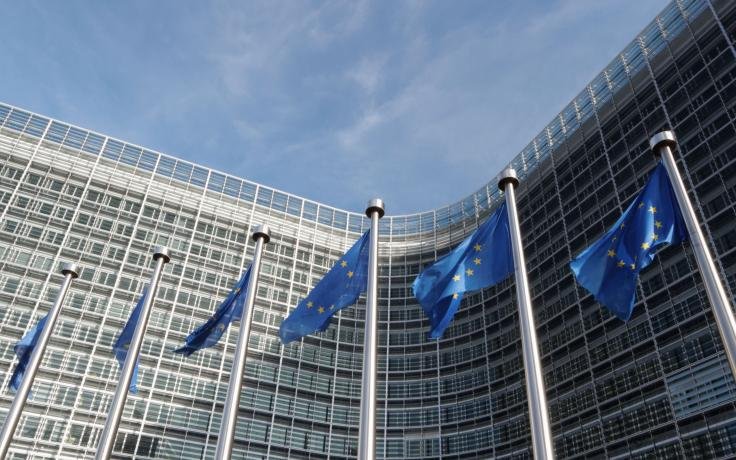Europe aims to be the world’s first carbon neutral economy, and the European road transport industry is committed to contributing to this goal.
Sustainability must be the guiding principle for all greening efforts. The solutions available now must be used to their fullest extent to achieve immediate and lasting results.
Eco-trucks: Eco-trucks carry larger payloads than standard vehicle combinations, and their use offers economic, environmental and economic advantages; It offers a significant opportunity to reduce carbon dioxide emissions by up to 40%. In the European Union, two eco-trucks can carry the same load as three regular trucks, reducing energy consumption, CO2 emissions and congestion. To take full advantage of all the benefits, an EU legislative framework is needed to harmonize the cross-border use of eco-trucks across the region. Urban Vehicle Access Regulations (UVARs): Bus and coach operators are constantly striving to make their operations greener. But it currently lacks commercially viable alternatives to diesel. Cities should be more aware of this reality, in order to propose appropriate regulations for urban vehicle access. EU rules are needed to harmonize local decision-making and ensure that buses and coaches are allowed to play their role as an affordable and environmentally friendly alternative to car use. Alternative Fuels – Because commercial vehicles serve different purposes, they need to have full access to the range of alternative fuels available in order to choose the most appropriate fuel and technology from an environmental and commercial perspective. The European Union must adopt an integrated approach that takes into account opportunities to reduce emissions beyond emissions from car exhaust.





